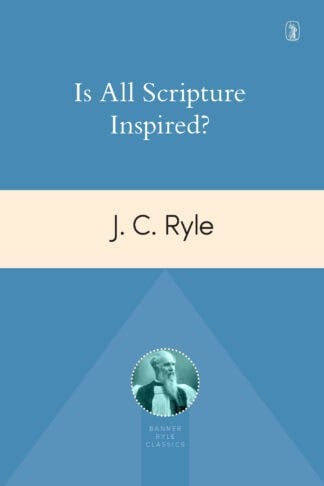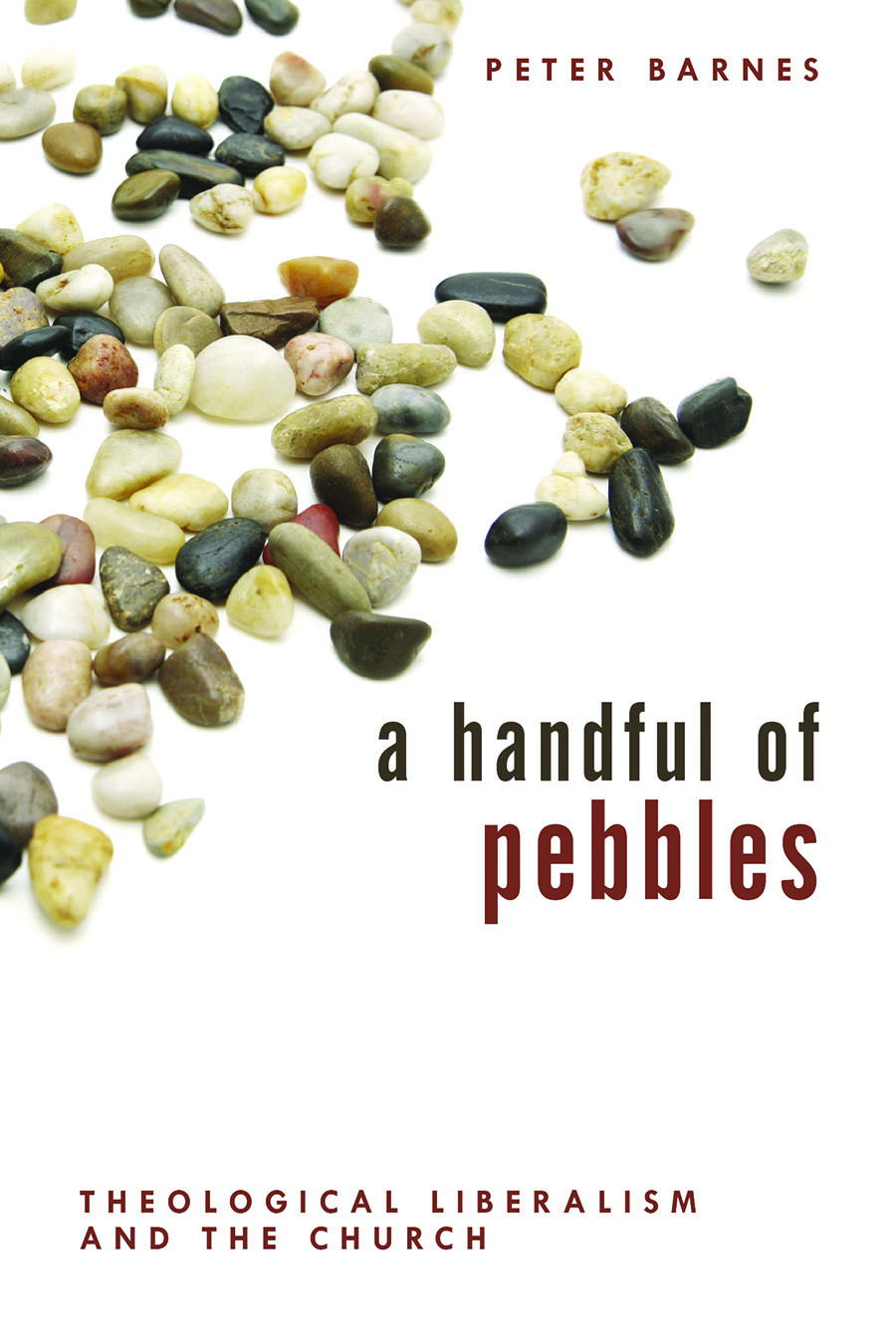Modernism, Then and Now
The Enlightenment, emerging in 18th-century Germany, rejected all supernatural religion, stressing the all-sufficiency of human reason. Its rationalistic spirit penetrated deeply into German Protestantism, and by the 19th century it was making its impact on Protestantism worldwide. It undermined belief in the inerrancy and authority of the Bible, encouraging a radical form of Higher Criticism that had a long-lasting and dire effect on theological training. In Europe it was also responsible for the reactionary rise of emotional ‘Pietism’. The early brand of rationalism within Protestant circles was popularized by the writings of men like the Danish theologian, Soren Kierkegaard, (1813–55) and the German scholar, Rudolf Bultmann (1884–1976). Kierkegaard, who has been called the ‘Father of Existentialism’, saw the incarnation as a radical impossibility. ‘God’, he wrote, ‘is a concept’ and concepts do not suffer and die. Bultmann wanted to make the Bible acceptable to modern man in a time of great scientific advance, so he promoted the idea of ‘demythologizing’ the New Testament. He saw the New Testament as expressed in mythological terms, and what mattered was the truth conveyed by the myths – that is, by the supernatural. The myths were like an envelope carrying a message. Therefore discard the envelope!
However, the message is written on the envelope. Discard the historical in the Gospels, and all is lost! So began the ‘quest for the historical Jesus’, a futile, never-ending search once the Jesus of the Gospels was no longer accepted.
Evangelicals observing this development dubbed it ‘modernism’ and ‘liberalism’. Neither term is really accurate: the authority of God’s Word was first challenged in Eden, and as J. Gresham Machen comments, ‘The movement designated as “liberalism” is regarded as “liberal” only by its friends.’ In reality it is anti-supernaturalism.
The Frontal Assault
By the end of the 19th century and the beginning of the 20th, theological modernism was rampant in colleges and seminaries around the world. The attack on the Bible and on the fundamentals of the faith was open and undisguised. Here are typical examples:
The Old Testament idea of God as the potentate who holds rebellious men in derision, the arbitrary and self-centred despot who seeks his own glory, is not the conception of God which Christ gave us, but something like its antithesis. . . . man is to be saved by recognising . . . his divinity, and his possibilities for all that is true and worthy.1
Those words by a well-known Presbyterian professor were matched by those of a Methodist professor of the period.
The authority and inspiration of the Old Testament depend neither on complete inerrancy nor on external consideration of authorship, dates or theories of composition. It depends rather on the actual quality of the contents. It is the ideas or teaching of the several Books in their essence that is divinely inspired and so authoritative.
The personality of Ezekiel reveals much that is fantastic and perplexing. He is ecstatic and visionary . . . Chapters xi and xiv show that he also possessed gifts of clairvoyance which are associated with the primitive prophets.2
The above quotations are not taken out of context. I once heard W. J. Grier ask, ‘If a man says that Jesus is not God, how much context is needed to change the meaning of his words?’ Good question! It is clear from the writings of the early modernists that they were the product of the rationalism spawned by the Enlightenment. Man sat in judgment on the Word of God instead of bowing before its judgment of him. Those early modernists, in rejecting the Bible as inscripturated revelation, also sat in judgment on Christ: they were keen to insist that intellectually Christ is not final for us.
The Subtle Change
The attack on the veracity of Scripture and the Person of Christ did not go unchallenged. Two names in particular deserve to be remembered. In Ireland, W. J. Grier almost single-handedly and at great personal cost exposed the nature and source of the teaching that was steadily replacing the preaching of the gospel with tepid moral essays. Princeton-trained, his scholarship and piety meant that his loyalty to the Saviour and the Reformed Faith never wavered. In America, J. Gresham Machen’s calm and incisive analysis of modernism proved an effective rebuttal. His Christianity and Liberalism, a classic, has never been answered by liberals.
Gradually the modernists developed a more subtle approach. Increasingly, orthodox terms were used with an unorthodox meaning, and the person in the pew could not tell the difference. Sadly, when a liberal preacher says that in Jesus we see God, or in Jesus we meet God, he is not saying that Jesus is God. Karl Barth (1886–1968) rejected the old modernism, insisting on the absolute authority of Scripture, but found its inspiration in its present use by the Holy Spirit. Thus the Bible was seen as the vehicle by which the Word comes to us, and not in and of itself the Word of God. When Barth first attracted attention, R. A. Finlayson quoted a line from a children’s verse: ‘Twinkle, twinkle, little star, how I wonder what you are!’ It soon became clear that Barth allowed for a variety of errors in the Bible. Modernism had simply changed its coat.
Today the old rationalism has been abandoned. Now the message is that there is no objective reality or truth. Something may be true for me, but not for you. As David McKay comments, ‘The influence of the movement known as Postmodernism undermines all absolutes and leaves each one to formulate a “world and life view’’ that suits him, regardless of issues of truth.’3 No wonder that the Pilates of this world ask, ‘What is truth?’ Theology has become increasingly subjective. The spider has the ability to spin a web from within itself, and that is essential for its existence. But when man endeavours to weave a web of truth from his own mind, he is left with an illusion.
The Enduring Danger
Present-day liberalism is in some ways more philosophical than theological. One can preach the doctrines of historic Calvinism, because they are to be found in Scripture. But the philosophical subtleties of modern theology cannot be proclaimed to needy souls. Edward J. Young used to say that the most hopeful thing about modern theology was that no one could understand it!
Modernism appears periodically in a new dress, but at rock bottom nothing changes. P. E. Hughes wrote that the radicals of the 19th and 20th centuries rejected the supernatural as fundamentally unacceptable to the modern mind.4 That is still true. Incipient rationalism is ever present. There is always the temptation to elevate our finite and sin-contaminated reason above Scripture. Sadly, we have seen men to whom we are indebted for much valuable work begin to wobble as they have denied the doctrine of eternal punishment, or seen the opening chapters of Genesis as symbolic and parabolic, or presented an erroneous doctrine of justification. Reason not governed by the Word of God is a maverick. The Enlightenment deified reason. We must see it as God’s gift, to be used only for his glory.
Notes
- J. E. Davey, Our Faith in God (London: Student Christian Movement, 1922), pp. 99–100.
- W. L. Northridge, The Old Testament Today (London: Epworth Press, 1937), pp. 14, 114.
- The Bond of Love (Fearn, Ross-shire: Christian Focus Publications, 2001), p. 86
- Creative Minds in Contemporary Theology (Grand Rapids: Wm. B. Eerdmans, 1966) p. 20.
Of Further Interest

Description
The Enlightenment, emerging in 18th-century Germany, rejected all supernatural religion, stressing the all-sufficiency of human reason. Its rationalistic spirit penetrated deeply into German Protestantism, and by the 19th century it was making its impact on Protestantism worldwide. It undermined belief in the inerrancy and authority of the Bible, encouraging a radical form of Higher Criticism that had a long-lasting […]

A Handful of Pebbles
Theological Liberalism and the Church
Description
The Enlightenment, emerging in 18th-century Germany, rejected all supernatural religion, stressing the all-sufficiency of human reason. Its rationalistic spirit penetrated deeply into German Protestantism, and by the 19th century it was making its impact on Protestantism worldwide. It undermined belief in the inerrancy and authority of the Bible, encouraging a radical form of Higher Criticism that had a long-lasting […]
Latest Articles
On the Trail of the Covenanters 12 February 2026
The first two episodes of The Covenanter Story are now available. In an article that first appeared in the February edition of the Banner magazine, Joshua Kellard relates why the witness of the Scottish Covenanters is worthy of the earnest attention of evangelical Christians today. In late November of last year, on the hills above […]
A Martyr’s Last Letter to His Wife 11 February 2026
In the first video of The Covenanter Story, which releases tomorrow, we tell the story of James Guthrie, the first great martyr of the Covenant. On June 1, the day he was executed for high treason, he coursed the following farewell letter to his wife: “My heart,— Being within a few hours to lay down […]
